Knowledge management success must be clearly defined and articulated to establish reasonable expectations and performance targets for knowledge management initiatives.
Knowledge Management Success
Success must be expressed in terms of formal goals, objectives, and expected outcomes from the investments made to capture, refine, and share knowledge assets. There are four primary elements to consider:
Efficiency
The impact that knowledge has on reducing the time and resources required to diagnose and resolve customer issues.
Effectiveness
The rate that access to shared knowledge improves the accuracy, consistency, and timeliness of issue resolution.
Savings
The reduction in the costs to deliver the same or improved service levels.
Transformation
The rate that headcount may be redeployed to high-value activities due to efficiency gains.
Knowledge Management Goals and Objectives
Goals and objectives provide the basis for defining and measuring the expected contribution of knowledge management to the business. The ability to clearly articulate and quantify the impact of knowledge activities will have a direct correlation to the level of support and funding that can be secured.
Objectives and goals are the means to describe the expected outcome from knowledge management initiatives. The distinction is as follows:
Objectives
The function of a clearly defined objective is to establish realistic and focused expectations of the potential impact from Knowledge Management.
Goals
A goal provides an indication of the extent to which an objective is met. Goals must be realistic, and the inputs and assumptions used to establish a goal must be credible.
Knowledge Management Goals And Objectives
Element |
Objectives |
Goals |
|
Efficiency |
Improve the speed and accuracy of issue diagnose and resolution. |
|
|
Effectiveness |
Provide access to technically verified descriptions of known problems and their solutions to assure consistent and accurate responses to customer questions.
|
|
|
Savings |
Provide customers with direct access to information to help them help themselves. |
|
|
Transformation |
Achieve efficiencies at a sufficient level to redeploy resources to high value activities. |
|
Source: ServiceXRG
Recommendations
- Identify specific areas where knowledge assets can help to improve support efficiency and effectiveness.
- Establish objectives to describe the primary benefits from knowledge management.
- Define specific goals to indicate the extent to which knowledge management can impact your business.
- Present credible goals and objectives as a basis to secure funding and resources to initiate and/or expand knowledge management initiatives.




